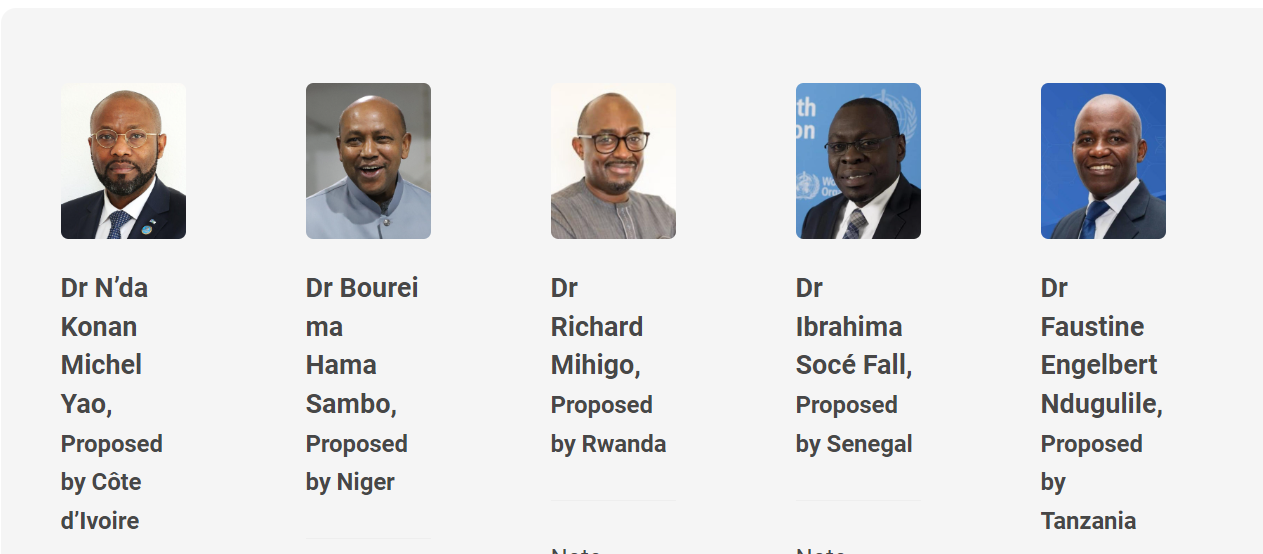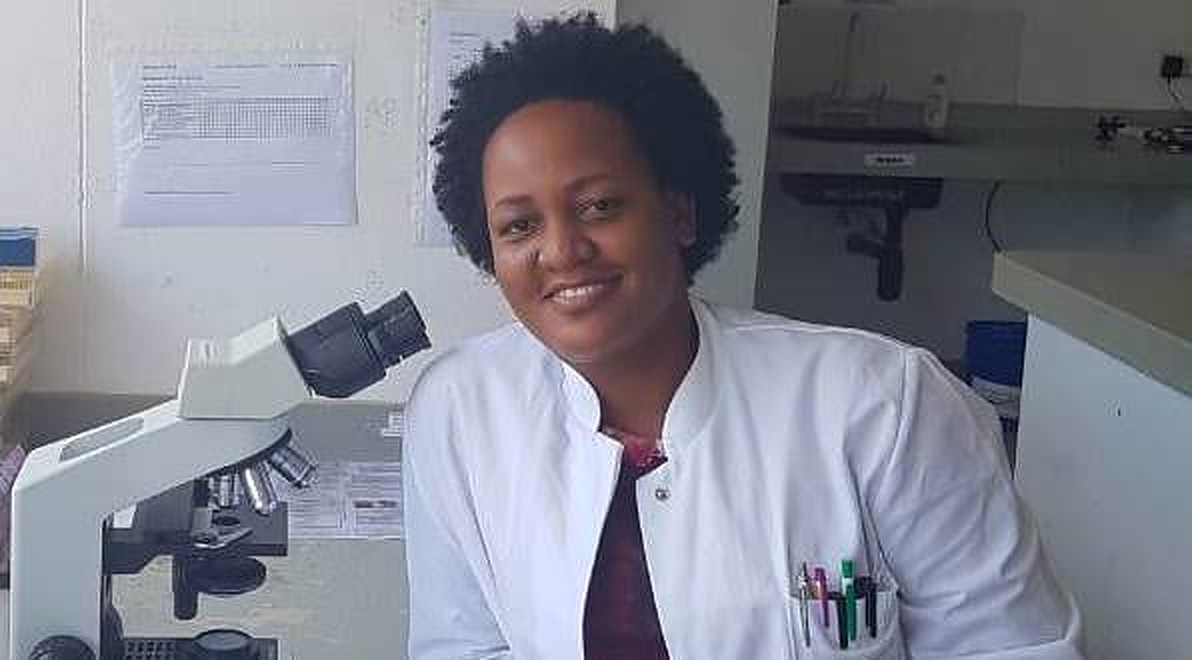Tanzania’s Ifakara Health Institute (IHI) Science Director, Dr. Fredros Okumu, is among 41 scientists from around the globe selected by philanthropies as international research scholars.
Dr Okumu (pictured) and other scientists from 16 countries have been chosen as International Research Scholars, exceptional early-career scientists poised to advance biomedical research across the globe.
The Howard Hughes Medical Institute (HHMI) has teamed up with the Bill & Melinda Gates Foundation, the Wellcome Trust, and the Calouste Gulbenkian Foundation to develop scientific talent around the world, and will award a total of nearly $26.7 million to this group of scholars. Each researcher will receive a total of $650,000 over five years.
A list of winners and their projects issued along with the press release announcing the awards today, shows Dr. Okumu’s research focus will be on eliminating dominant malaria vectors in rural Tanzania.
The award is a big boon for scientists early in their careers, and offers the freedom to pursue new research directions and creative projects that could develop into top-notch scientific programs.
“This is an outstanding group of scientists who will push biomedical research forward worldwide, and we are thrilled to support them alongside our philanthropic partners,” said David Clapham, HHMI’s Vice President and Chief Scientific Officer.
The scientists selected as International Research Scholars represent a diverse array of scientific disciplines and geographic locations. Scholars hail from research organizations and institutions from across the world, from Tanzania to Cambodia to Chile to Austria.
Their research covers a broad variety of biological and medical research areas too, including neuroscience, genetics, biophysics, computational biology, and parasitology
“We are excited to join with our partners in supporting these superb scientists. We look to them to bring transformative innovation to priority global health problems,” said Chris Karp, Director of Global Health Discovery & Translational Sciences at the Bill & Melinda Gates Foundation.
These researchers’ goals are innovative, wide-ranging, and forward-thinking. They seek to understand diverse topics, from how immune cells function to how pathogenic bacteria jump from the environment to humans, and are even investigating ways to watch genes switch on and off in living brains.
“We are delighted to be a partner in supporting this outstanding community of international researchers. Their expertise and thirst for knowledge will enhance our understanding of how life works and the causes and consequences of disease, said Anne-Marie Coriat, Head of Research Careers at Wellcome Trust.
A panel of distinguished scientists reviewed more than 1,400 applications, and evaluated both the impact of past work, including doctoral and postdoctoral achievements, and the promise of work to come.
It’s a researcher-focused approach that emphasizes the skills and talents of the individual, rather than solely the projects proposed.
“We are proud to partner with HHMI, the Bill & Melinda Gates Foundation and the Wellcome Trust to support this truly exceptional group of young biomedical scientists.
Biomedical research is increasingly at the core of the work of our research institute, the Instituto Gulbenkian de Ciência,” said Gulbenkian Institute Director Jonathan Howard.
HHMI, the Bill & Melinda Gates Foundation, the Wellcome Trust, and the Calouste Gulbenkian Foundation announced the 2017 International Research Scholar competition March 29, 2016.
The competition was open to early-career scientists who held afull-time position at a research-oriented university, medical school, or nonprofit institution, and had been running their own labs for less than seven years.
Candidates also had to work in an eligible country, and have eceived training in the United States or the United Kingdom for at least one year.
Who is Dr Okumu?
Dr Fredros Okumu is now the IHI Director of Science. He originally trained as a Public Health Officer in the College of Health Sciences at the Moi University in Kenya.
He holds a Master’s degree in Applied Parasitology from the University of Nairobi, Kenya, and a second Master’s degree in Geo-information Science, Earth Observation and Environmental Modeling from Lund University, Sweden.
In 2012, Dr Okumu earned a Doctor of Philosophy degree in Infectious Tropical Diseases from London School of Hygiene and Tropical Medicine, and is currently working towards a Master of Business Administration in International Health Management at the Swiss Tropical and Public Health Institute, University of Basel, Switzerland.
Dr Okumu is also an Associate Professor of Public Health at the University of Witwatersrand, South Africa; a Visiting Researcher at the Federal University of Minas Gerais, Brazil, and a honorary Research Fellow at the Institute of Biodiversity, Animal Health and Comparative Medicine, University of Glasgow, UK.
Since 2008, Dr Okumu has been studying human-mosquito interactions and developing new techniques to complement existing malaria interventions and accelerate efforts towards elimination.
His other interests include quantitative ecology of residual malaria vectors; mathematical simulations to predict effectiveness of interventions, improved housing for marginalised communities, and prevention of child malnutrition.
Dr Okumu was awarded by the American Society of Tropical Medicine and Hygiene the Young Investigator Award in 2009 and a Welcome Trust Intermediate Research Fellowship in Public Health and Tropical Medicine (2014-2019).
He is currently a co-chair of the Malaria Eradication Research Agenda consultative group on Tools for Elimination and a Co-Chair of the WHO Vector Control Working Group on New Tools for Malaria Vector Control.
He has also participated in various international expert panels on a wide range of subjects including, genetically modified mosquitoes and ivermectin for vector control, and the NEPAD Agency of the African Union’s agenda on biotechnology in Africa.
He was inducted in 2016 as the Young Affiliate of the African Academy of Sciences. Fredros was also recently named among the Top 100 Global Thinkers of 2016 by the US-based Foreign Policy Magazine.







Congratulations Dr Okumu. Keep it up and inspire generations!
Wow! This is good work. Keep up the pace Dr Okumu. Ifakara is taking young researchers to greater heights! Keep up, don’t stop!!
Fantastic achievement for Dr Okumu and other scholars..I like the fact that “The competition was open to early-career scientists who held afull-time position at a research-oriented university, medical school, or nonprofit institution, and had been running their own labs for less than seven years.”
Congrats Dr. Fred Okumu
We have to learn from you Dr. Fredros Okumu
Comment: much congratulation dr okumu